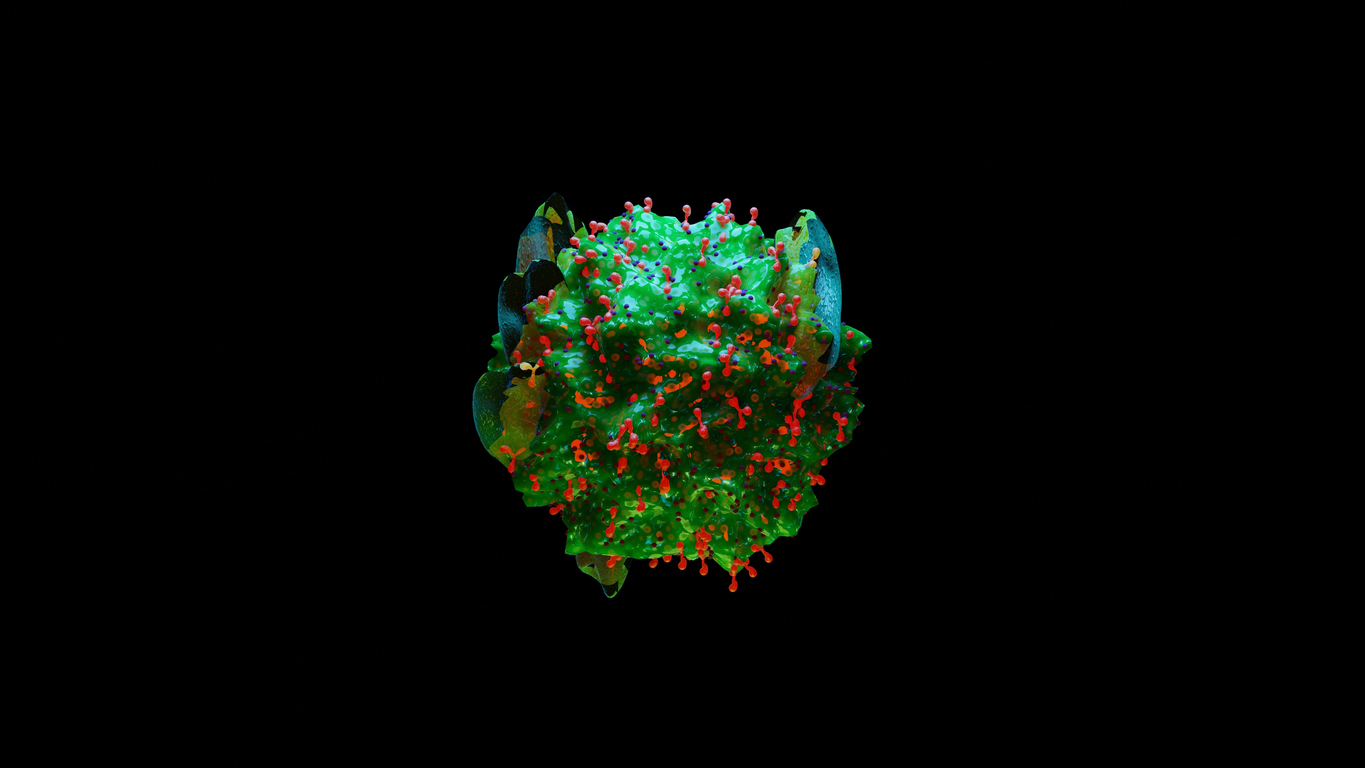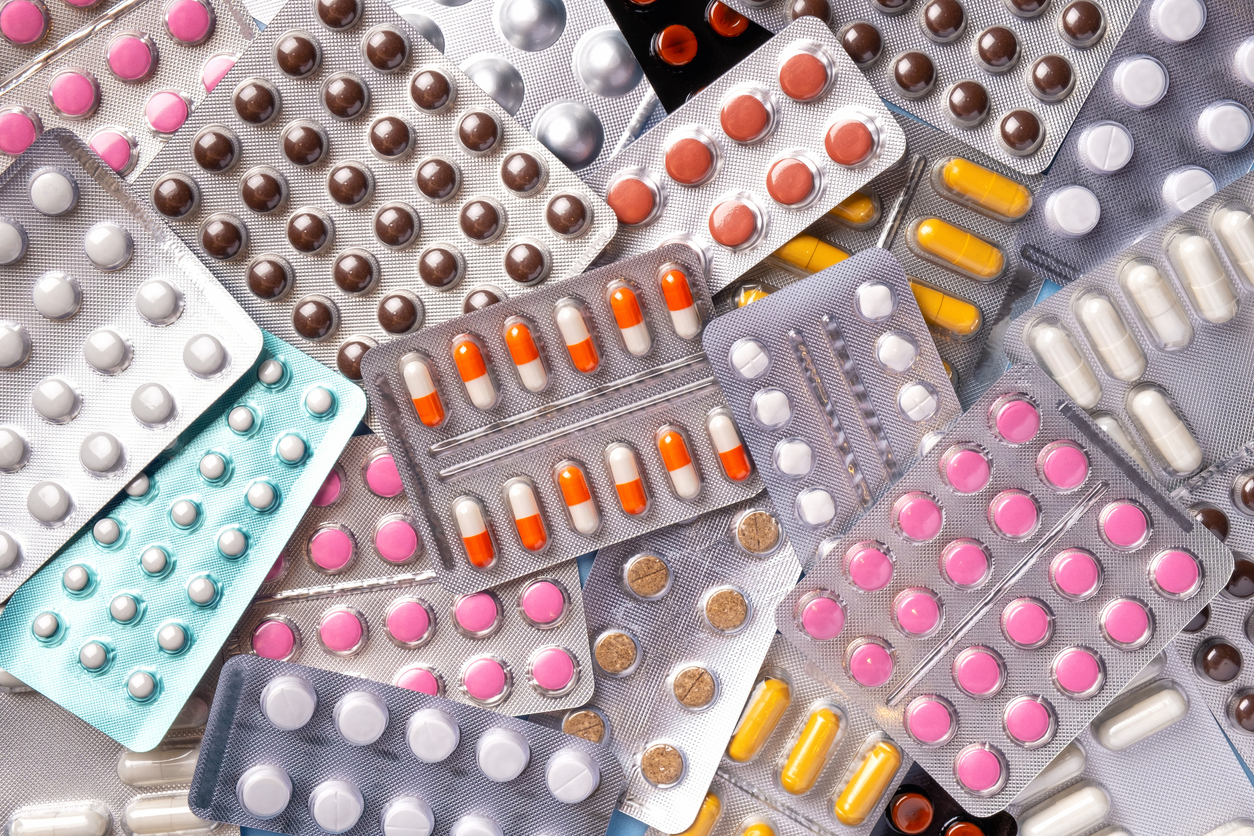Pain
Alternative and Complementary Treatments for Mast Cell Activation Syndrome

What is mast cell activation syndrome?
Mast cell activation syndrome (MCAS) is a condition that impacts the body’s mast cells. Mast cells grow in the skin, airway, gastrointestinal tract, and bone marrow. They are blood cells that play a part in the immune system, and are also involved in allergic reactions. They release chemicals called “mediators” when the body encounters an allergen.
In mast cell activation syndrome, the mast cells release too many mediators when exposed to allergens or other substances, resulting in severe allergy symptoms. This causes problems with the heart, skin, neurologic system, and gastrointestinal tract.
Alternative and complementary treatment options
Although there is no cure for MCAS, conventional medical treatment for MCAS involves medications to manage allergy symptoms. There are also several alternative and supplemental methods that can help treat the symptoms. They include nutrition, stress management, counseling, and medical cannabis.
Nutrition
No specific diet is recommended for those with MCAS because triggers can vary widely from person to person. MCAS reactions are caused by the release of too many histamines from the body’s mast cells. While research is currently inconclusive, it has been suggested that avoiding foods high in histamines may help improve symptoms. These foods include the following:
- Sausage
- Fish
- Alcohol
- Hard cheeses
- Spinach
It has also been speculated that avoiding high-FODMAP foods could help determine specific triggers. This involves a process of eliminating and then reintroducing specific foods, one by one, to pinpoint which ones cause symptoms. Histamine levels have been shown to greatly improve when high-FODMAP foods are avoided in those with irritable bowel syndrome (IBS), a condition in which mast cells may be a key factor. High-FODMAP foods include the following:
- Certain fruits, such as apples or peaches
- Wheat
- Certain vegetables, such as asparagus and broccoli
- Dairy
- Legumes
Stress management
Stress can contribute to the activation of mast cells. Therefore, stress management strategies are important in reducing symptoms. Relaxation, deep breathing, and meditation also helps with managing stress.
Counseling
MCAS can cause depression, anxiety, cognitive impairment, and other psychological impacts. Undergoing counseling or therapy is beneficial when dealing with life changes that occur due to MCAS. It can also provide coping skills to deal with future issues.
Medical cannabis
Cannabinoid receptor 1 (CB1) and cannabinoid receptor 2 (CB2) are the two primary receptors that make up the endocannabinoid system in the human body. When they are activated, they suppress mast cell release. Tetrahydrocannabinol, or THC, is one of the natural compounds found in cannabis. THC binds to CB1 and CB2, which can calm the mast cells, leading to reduced symptoms. Cannabidiol, or CBD, is one of the natural compounds found in the Cannabis sativa plant, otherwise known as marijuana or hemp. However, it does not have a binding affinity and may be ineffective in treating symptoms of MCAS.
Additional sources: For A Digestive Piece of Mind, Mastocytosis Society Canada, and Integrative Behavioral Care














